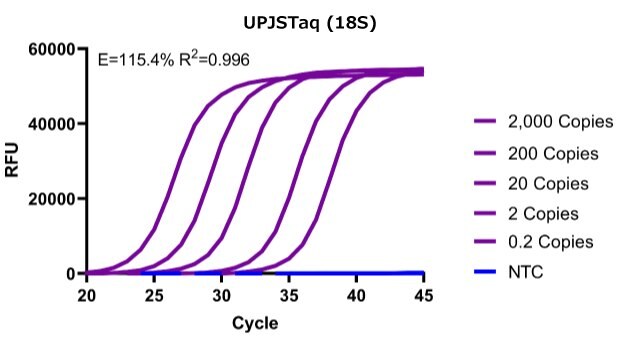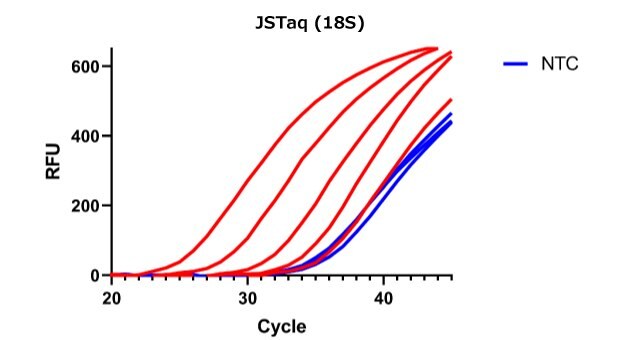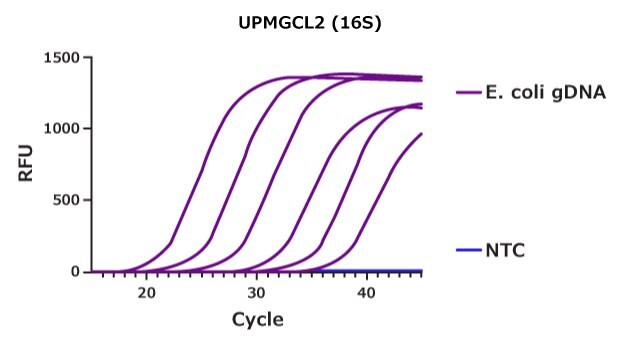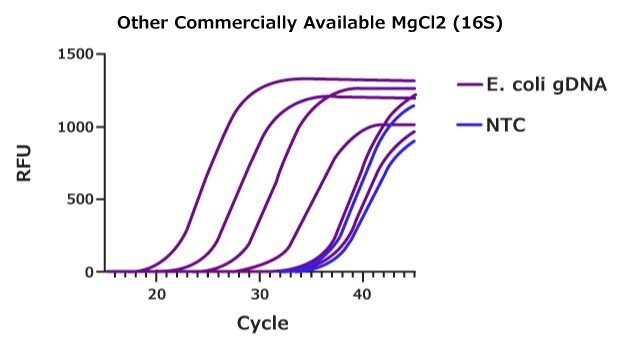Achieving Reliable Results with Ultra pure PCR Solutions for Molecular Diagnostics
Introduction to Molecular Diagnostics
Molecular diagnostics is a rapidly evolving field that provides essential tools for the detection and treatment of emerging diseases. The COVID-19 pandemic has underscored the necessity for precise and reliable diagnostic testing solutions, highlighting the unique challenges faced by healthcare professionals. As molecular diagnostics continues to evolve, the demand for high-quality PCR reagents becomes increasingly vital. Our Ultra pure portfolio features products meticulously purified at M-Clarity quality level 300 (MQ-300), ensuring minimal contamination from DNA, Nickase, DNase, or RNase. This rigorous purification process significantly reduces the risk of false results, providing researchers and clinicians with confidence in their diagnostic outcomes.
Ultra pure RT-PCR Reagents for Enhanced Accuracy
Our Ultra pure RT-PCR reagents are specifically designed to meet the highest standards of purity, being free from DNA, DNase, RNase, and Nickase contamination that can compromise diagnostic testing. These high-performance PCR reagents undergo further purification and rigorous testing using sensitive qPCR assays, ensuring they are unlikely to produce false outcomes. This exceptional quality is achieved using universal primers targeting 16S, 18S, and the origin of replication DNA, which are critical for accurate amplification in real-time PCR applications.
The DNA requirements for our RT-PCR reagents are as follows:
- Prokaryotic DNA: ≤ 1 copy of E. coli gDNA using universal 16S primers, detecting 514,172 prokaryotic genomes.
- Eukaryotic DNA: ≤ 0.1 copy of human gDNA using universal 18S primers, detecting 110,032 eukaryotic genomes.
- Plasmid DNA: ≤ 10 copies using universal origin of replication primers, detecting 25,920 unique plasmids.
Ultra pure JumpStart™ Taq DNA Polymerase: A High-Performance Solution
The Ultra pure JumpStart™ Taq DNA Polymerase (UPJSTAQ) is meticulously manufactured under strict MQ-300 requirements, ensuring the lowest levels of contaminants known to affect PCR-based testing. This high-quality DNA polymerase significantly reduces the risk of false-positive results, making it an essential component in reliable molecular diagnostics. UPJSTAQ maintains the same exceptional performance as the standard JumpStart™ Taq DNA Polymerase (JSTaq) and features an antibody-inactivated hot-start mechanism designed to minimize non-specific amplification while increasing target yield. This antibody-enzyme complex allows for easy and convenient setup with a lower risk of contamination compared to manual hot-start techniques.
The rigorous UPJSTAQ DNA removal process and testing protocols guarantee the absence of host-source DNA and environmental contaminants, which are often introduced during production. These stringent specifications ensure that DNA-free Ultra pure JumpStart™ Taq does not interfere with sensitive molecular assays. This capability is crucial for preserving precious templates and significantly reducing amplification in no-template controls (NTCs), as illustrated in Figure 1.

Figure 1: UPJSTaq shows reduction in amplification in no-template controls (NTCs).

Figure 2: JSTaq, not designed to prevent DNA contamination, can obscure NTCs and low-abundance targets, compromising resolution in low-target ranges.
Our standard JSTaq and PCR Reagents that are not specifically engineered to prevent DNA contamination work well for those in that Research phase where DNA contamination may not be as much of a concern. Conversely, our Ultra pure products cater toward those customers in the manufacturing stage where it is imperative to have cleaner reagents and enzymes.
UPJSTAQ minimizes the risk of NTCs and low-abundance targets becoming indistinguishable, which can result in a loss of resolution in low-target ranges (see Figure 2). This limitation can significantly affect assay sensitivity. This is what makes UPJSTAQ the ideal choice for diagnostic assays that require a minimized risk of false positives and false negatives.
By selecting Ultra pure JumpStart™ Taq DNA Polymerase, scientists can enhance the reliability of their PCR amplifications, ensuring that their results are both accurate and reproducible in a variety of molecular biology applications, including real-time PCR instruments and RT-qPCR assays.
Ultra pure PCR Reagents: Optimizing Diagnostic Testing Solutions
To achieve the highest accuracy in molecular diagnostics, Ultra pure JumpStart™ Taq DNA Polymerase (UPJSTAQ) should be utilized in conjunction with Ultra pure PCR buffers. This combination ensures that the entire PCR test setup is meticulously optimized to minimize the risk of false negatives and positives. The 10X PCR buffers, MgCl₂, and DNA-free water are treated specifically to eliminate any environmental DNA contamination, which is crucial for maintaining the integrity of the assay. The use of these sensitive, high-quality PCR reagents guarantees that a wide variety of DNA contaminants have been effectively removed, thereby ensuring that these reagents will not interfere with sensitive molecular assays, such as qPCR assays and RT-PCR applications (see Figure 3).

Figure 3: PCR reagents that are DNA-free, have a higher probability to not interfere in sensitive assays.

Figure 4: Other MgCl2 can have an increased risk of false positives when they carry contaminated DNA.
Ensuring Contamination-Free PCR Amplifications
The importance of using DNA-free PCR reagents cannot be overstated, as contamination from residual nucleic acids can obscure low-abundance targets, lead to false positives, and reduce the specificity of diagnostic assays. Our sensitive qPCR assay is designed to address these challenges, ensuring that only the highest quality reagents are used in PCR amplifications. As illustrated in Figure 3, PCR reagents that are DNA-free have a significantly higher probability of not interfering with sensitive assays, which is critical for accurate results in molecular biology applications.
PCR additives may carry contaminating DNA and/or nucleases, which further increases the risk of false positives and negatives (see Figure 4). By choosing Ultra pure PCR reagents, scientists can effectively mitigate these risks, enhancing the reliability of their diagnostic testing solutions and ensuring accurate detection in real-time PCR instruments.
Conclusion: Advancing Molecular Diagnostics
In conclusion, the introduction of Ultra pure JumpStart™ Taq DNA Polymerase and Ultra pure PCR Reagents represents a significant advancement in the field of molecular diagnostics. With stringent purification processes ensuring minimal contamination, these high-performance PCR reagents enhance the reliability and sensitivity of PCR-based assays. This commitment to quality not only supports accurate results in DNA sequencing and other molecular biology applications but also fosters confidence in diagnostic testing outcomes.
Product Listings
To continue reading please sign in or create an account.
Don't Have An Account?